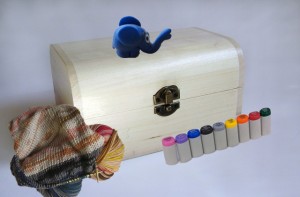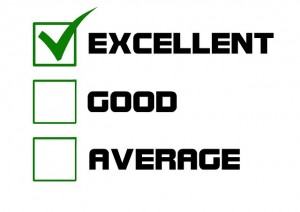July 20th, 2015
Summertime can be a beautiful time for rejuvenation and rest. It offers fresh air and sunshine for walks in nature, gardening or time at the beach. There is also opportunity for reconnecting with family and friends or for solitude and time alone. For some, reconnecting with family can bring up old feelings which can lead to anxiety before, during and after visits. Here are some suggestions and resources for dealing with anxiety:
1. Recognize what anxiety feels like for you
Anxiety can feel different for everyone. You might have racing thoughts, sweaty palms, or feel short of breath. If you can simply notice the symptoms and say to yourself, “here I go getting anxious”, it can take the pressure off of having to do anything. Sometimes noticing is enough. To help you notice how you are feeling in your body, one technique is to do a body scan. Here is a 10 minute body scan practice video to help ground you by Elisha Goldstein http://www.youtube.com/watch?v=zsCVqFr6j1g
2. Cultivate Mindfulness
Noticing allows us to be mindful and focused on the present moment. Dr. Russ Harris has a helpful section on mindfulness on his website and free resources too. Check out http://www.thehappinesstrap.com/ . Meditation can also help you become more present focused. Being present and focused allows you to focus on now and let other thoughts go. Here is a mindfulness meditation with Jon Kabat Zinn to help you be more mindful. http://www.youtube.com/watch?v=3nwwKbM_vJc
*The views expressed by our authors are personal opinions and do not necessarily reflect the views of the CCPA








